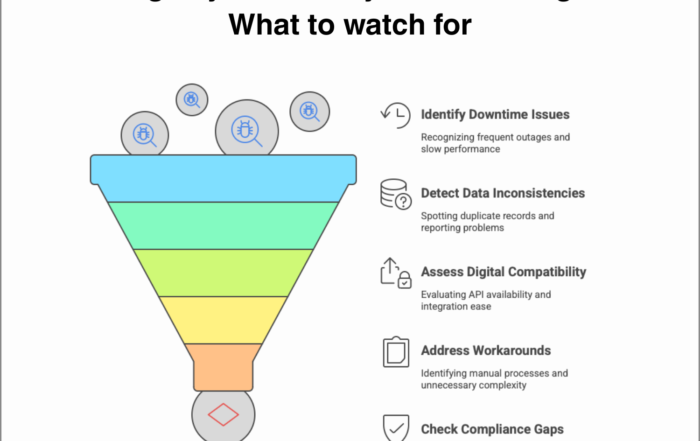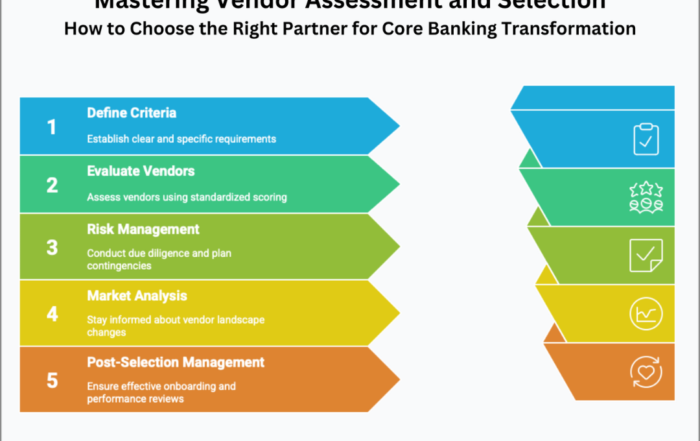
Addressing the challenge of algorithmic bias in banking by implementing best practices such as using diverse data sets, conducting audits, and ensuring transparency and human oversight to promote fair and equitable decision-making.
The increasing use of algorithms and analytics in banking has introduced a critical challenge – the potential for bias within these algorithmic decision-making systems. As algorithms play a growing role in processes like loan approvals, it is imperative that we address ethical concerns and implement best practices to mitigate bias and ensure fair and transparent outcomes.
Algorithmic bias often arises from the data used to train the models, which can reflect historical biases and societal inequalities. If past loan data was discriminatory against certain demographics, the algorithm will learn and perpetuate those biased patterns. Recognizing and unveiling this bias is the first step.
To mitigate algorithmic bias in banking,
several best practices should be followed:
- Use diverse and representative training data sets that are inclusive of all groups to prevent learning biased patterns.
- Conduct periodic audits to evaluate algorithmic decisions for unfair treatment across different populations.
- Promote transparency by sharing information on how algorithmic decisions are made, fostering trust and external scrutiny.
- Develop and adhere to ethics guidelines based on principles like fairness, accountability, and transparency when deploying algorithms.
- Ensure human oversight, using algorithms to assist rather than fully automate decisions that impact people’s lives.
One real-world example involved a major bank whose loan approval algorithm exhibited bias against applicants from certain neighborhoods. Auditing the algorithm, incorporating more diverse data, and implementing bias mitigation techniques helped correct this unfair treatment.
Removing bias from banking algorithms is not just a technical task, but a moral imperative. We must innovate in ways that leverage analytics to improve decision-making without amplifying societal inequalities. Transparency, ethical guidelines, diverse data, auditing, and human oversight are crucial to building trust and promoting a just future in banking driven by equitable algorithms.
Found this article interesting? Check out these three related reads for more.
- Core banking transformation with embedded analytics
- Why is it referred to as a core banking transformation instead of just a migration?
- Core banking system implementation challenges and success strategies
#BankingEthics #BiasInBankingAI




